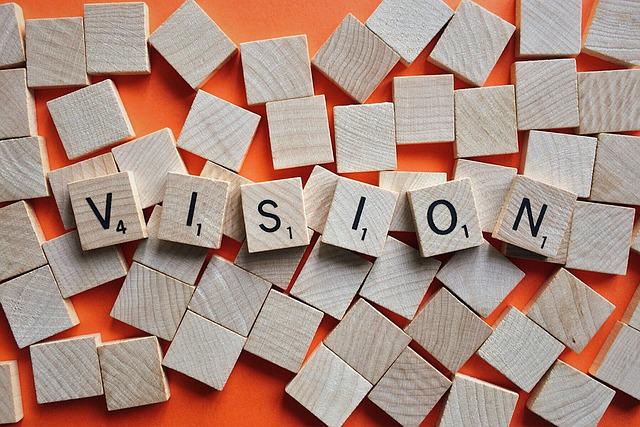A Vision for 2006

by Dr. Yvonne Thayer
“By 2006, we can be recognized as a system that continuously improves to deliver services based on what adult learners need.”
Since the mid-1980’s we’ve all been exposed to “the vision thing.” In fact, some of us are burned out on vision statements that are not realistic or, worse, show no real vision. Preparing for the new millennium created expectations that ranged from HAL the computer, to computer meltdown, none of which were accurate or helpful. So do we need another vision? How does a vision help? Can a vision for adult education truly help us do our jobs better?
Yes, we need a vision. We can’t improve our system of teaching and learning if we don’t know where we are aiming. We are a part of a complex system of services that extends beyond our local programs. Our system has parts that are established, such as basic literacy, ABE and jail programs, and parts that are changing, such as GED® and ESL programs. Change comes about when we need to adjust our system or start doing something new to improve our services for adults. Change without a vision can be problematic. Change without a vision can harm that which is working well. When change is needed (and for most systems change is needed periodically) it should be driven by a vision that clearly articulates outcomes.
The vision is the end point of what we want for our system, our programs, and our learners. To reach the vision—to see our dream become real—we must take incremental steps that move us from where we are to where we need to be. Some steps are very small and others seem mammoth. Some of us can take bigger steps than others, but the important thing is to start moving toward the place we want to be.
My vision for our adult education system has several components. First, based on the work of our state task force and the commitment made by the Board of Education, I envision an adult education system that places family literacy high on our priority list. We will use family literacy to reach many adults who are presently not in our system by connecting adult education to the education of sons, daughters, grandsons, or granddaughters. We can use family literacy to broaden our ESL services, so families new to Virginia can view education in this country as something they do together. With the support of the Rural Virginia Prosperity Commission, we will increase our programs in the workplace and extend them to include after-school programs for children. Whether we are teaching the most basic of literacy skills or preparing adult learners for the GED®, we will remember the Equipped for the Future description of the adult learner: family member, worker, and citizen. Within five years, we should see family literacy programs operating in each jurisdiction of the Commonwealth.
I envision our services using technology to help learners access information quickly and process it efficiently. Technology will become an important tool for our teachers as they learn to use new and inexpensive software to plan and deliver instruction. Technology is also going to facilitate learning across the state by enabling online instructional support. We will be able to offer groups of students in locations across the state the opportunity to interact with teachers and students in other locations using videoconferencing technology. We will continue to develop classroom resources that will be web-based and available to any practitioner or learner via the Internet.
Our partners will grow as our programs and goals grow. Corporate partners, like Verizon, will help us access resources and create new opportunities for adult education. Our partners will continue to include state agencies; health providers, educators, and associations; workforce developers and business leaders; and all levels of the education community. Adult education will not remain isolated and unknown. Policy makers will know us and understand our work.
As our programs grow and our performance improves, and as we tackle the challenges of growing services for second language speakers and providing health literacy as a component of our work, Virginia will become known as one of the strongest states in adult education. By 2006—just five years—we can take our place as a state that provides comprehensive programs at the highest level. By 2006, we can be recognized as a system that continuously improves to be able to deliver services based on what adult learners need.
How do we get there? This is the question you should be asking yourself. It is also the question that groups of you should discuss in staff development. What do we need to do to improve? We have been asking this question at the state level for a year. We are gathering information on programs we fund to ensure that we are putting resources in the places that need them the most. Have you asked that question locally?
In five years, how many family literacy programs will you have? How many GED® classes will you offer? How many workplace programs will you start? How many learning disabled adults will receive accommodations? How many ESL students will you serve? How many low-level learners will make significant progress? How many learners will earn a GED® or high school diploma? How many students will go to post-secondary education? How many learners will get a better job?
In five years, where will we be?
Dr. Yvonne Thayer is director of the Office of Adult Education and Literacy for the Virginia Department of Education. She is a career educator, having taught first grade through adult education. She has worked with local, state, and national programs. Her doctorate is in adult education from Columbia University.